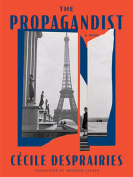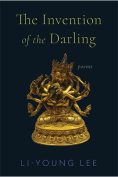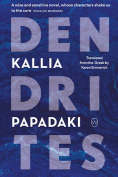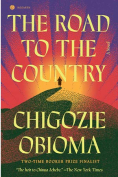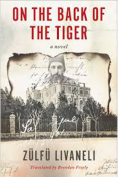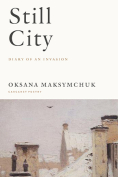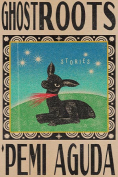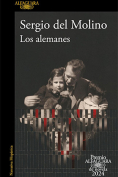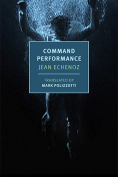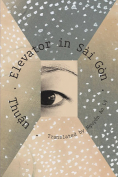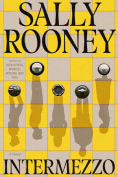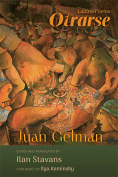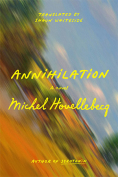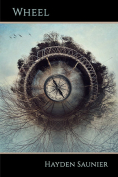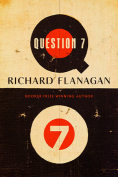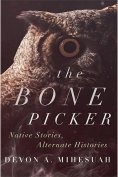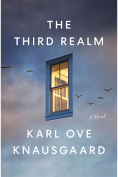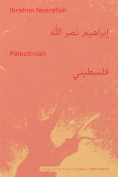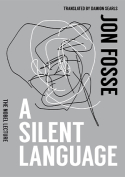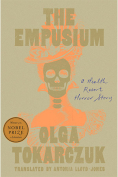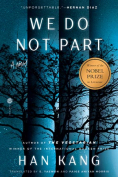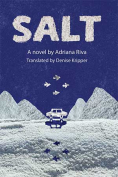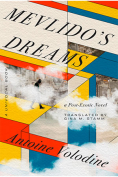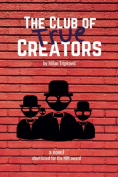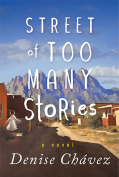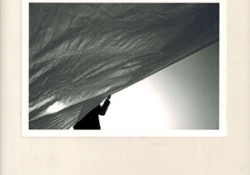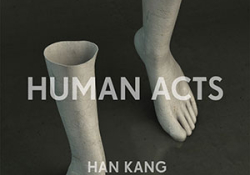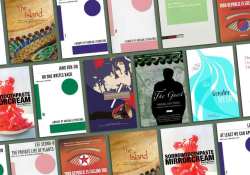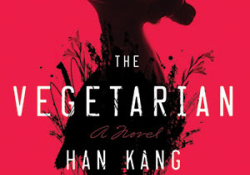We Do Not Part: A Novel by Han Kang
 New York. Hogarth. 2025. 272 pages.
New York. Hogarth. 2025. 272 pages.
Han Kang, the 2024 Nobel laureate, is still overcome by the violence that laces Korea’s warring past. Her compelling writing attempts to resuscitate the innocents slaughtered as well as pay homage to them. When she first read about Korean history as a child, something soft inside of her broke, and she’s still seeking solace. Han feels, like many Koreans do, that the dead are present alongside us, and she wants to rescue their stories from oblivion.
But can we really remember the dead by telling their stories? And what does it mean to do so in the long run? It doesn’t bring them back. Is it possible to find language prescient enough to express the inexpressible? In the incredulous Human Acts (2016), Han writes about the Gwangju Uprising, the student protests in 1980 that snuffed out six hundred young lives as soldiers fired upon an open crowd (WLT, Sept. 2016, 72). How does one begin to untangle such atrocities? Han has shown us before that she is able to do so with astonishing originality and grace, which recalls W. G. Sebald’s melancholic prose. Her heart bleeds on every page, yet she remains shyly in the margins, seemingly wary of the spotlight.
In We Do Not Part, Kyungha, her autobiographically tinged narrator, has decided to end her life and is grabbling with her will. Kyungha no longer fears death; it is life that troubles her. She speaks to us in a soft, first-person voice that seems to be almost whispering. We sense Kyungha, like Han Kang herself, is too sensitive to absorb the world’s random cruelties and the silence that follows them. Kyungha’s nightmares are filled with “landscapes of flooded graves and silent headstones.” Death seems a viable alternative.
A phone call from her friend Inseon interrupts Kyungha’s morbid reverie. Inseon is in the hospital in Seoul. She wants Kyungha to go to Jeju Island and rescue her beloved parrot, which is starving to death without Inseon’s attention. It is an outrageous request considering the storm that is brewing, but Kyungha goes, knowing this is the sacred burial ground of her good friend’s Inseon’s family. It is the place her mother left one day to run an errand, only to return to find her entire village slaughtered with snow packed tightly upon their faces. Her mother spoke of it to Inseon intermittently and always in an eerily dispassionate voice “that marks people who have long suffered and been tempered by anguish.” Jeju, in 1948, was thought to be filled with communist sympathizers and countless civilians who were disloyal to the ruling powers. Thirty thousand of them would be killed, leading to the massive slaughter of over two hundred thousand leftists throughout mainland Korea by South Korean forces. More were murdered in Taiwan, Okinawa, and then the Korean War, which took four million lives. Kyungha recalls how she and Inseon used to dream about creating a field of sawed-off tree stumps carved to resemble huddled people placed in an open field to commemorate the deaths the Korean government wouldn’t even acknowledge. Kyungha learns at the hospital that her friend has already begun cutting tree stumps, but in a moment’s carelessness with the chainsaw, she had destroyed her fingers.
Kyungha begins her impossible journey, becoming immersed in blinding snow, her face frozen. But she can’t turn around. It feels like she is on the cusp of a baptism of sorts that the snow will play a part in, and she wants to remain conscious. “Snow had a surreality to it,” Han writes. “Was this because of its pace or its beauty? There was an accompanying clarity to snow as well, especially slow, drifting snow.” Han’s novel begins to swerve between fantasy and reality as she seems to circumnavigate the impossibility of remembrance and yet accept its tenacious hold on her. She remains a prisoner of the past knowing it makes no sense why some die and others survive. It’s even more outrageous how the powerful act with depravity and pay no consequences. Occasionally, in moments of lucidity, she recalls Inseon sharing with her stories of her mother’s life—and the sadness that enveloped her.
Han’s writing has an immediacy to it and is overladen with dread. Images of the white parrot keep jolting her from an almost irresistible stupor. Kyungha feels “thousands of transparent needles” piercing her skin, and they seem to release a life force inside of her she has been missing for decades. Again, the snow-white imagery dancing before her eyes holds her in check. She thinks how odd it is that snow has such a “delicate structure. Nothing this cold or light. Nothing that remained this soft, right until the moment it melted and was undone.” We find ourselves imagining she is thinking about the snow as some kind of blanket that can protect her. She has grown weary of the crushing migraines and body aches that occur more frequently now, making her days almost unnavigable.
Although neither Kyungha nor Han Kang ever speak about God directly in this work, it’s clear her death-defying journey feels like a spiritual reckoning of sorts toward some sort of forgiveness or absolution. But whom she is forgiving remains unclear. We leave worried and uncertain about what lies in store for her.
Merrick, New York
(Editorial note: For more on Han Kang, read Eun-Gwi Chung’s essay from this same issue.
Elaine Margolin is a book critic for the Washington Post, San Francisco Chronicle, Times Literary Supplement, Atlanta Journal-Constitution, Denver Post, and several literary journals. She has been reviewing books for over twenty years with a sense of continual wonder and joy, and especially enjoys reviewing new literary works in translation.
